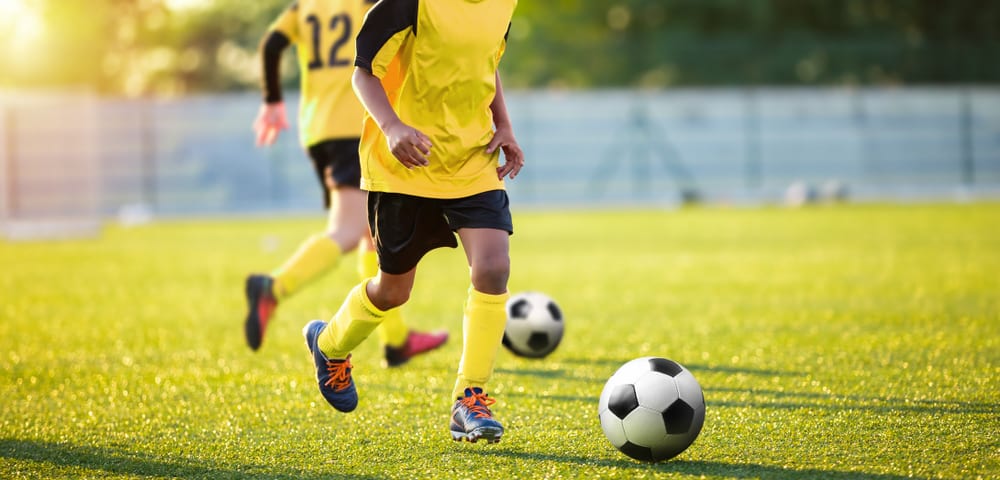As we learn more about concussions and their effects, different treatments and rehabilitation for concussions also evolve. Unfortunately, the shifting understanding of the best treatments can cause confusion and even make symptoms worse. One example is the traditional advice to rest and avoid activity. While that is still recommended in the short-term following a concussion, newer research links extended inactivity to worsening symptoms.
Concussion Treatment & Rehabilitation Methods
Perhaps the first step in proper treatment for any concussion is to consult a healthcare practitioner who has specific training in concussion treatment.
1. Baseline Tests if You Are at Higher Risk
For some, treating a concussion can begin before it happens. Those who are more at risk of suffering a concussion, particularly athletes can benefit from pre-concussion baseline tests. The tests measure balance, brain function, memory and problem solving, among other benchmarks. If the athlete suffers a concussion, a repeat of the same tests can help assess the severity of the concussion and inform decisions about treatment.
2. Exercise Therapy
Concussions are linked to reduced blood flow to the brain. The restricted flow can persist and affect brain functioning. Guided exercise therapy, supervised by a trained professional, has been demonstrated in research studies to improve blood flow to the brain and reduce or eliminate many of the symptoms that result from restricted blood flow.
3. Manual Neck Therapy
Concussion symptoms, including headaches, balance issues, visual impairments, dizziness and low blood flow to the brain are also symptoms of neck injuries, particularly whiplash. Many health professionals believe that, due to the forces needed for a concussion to happen, it is inevitable that a neck injury also occurs. If concussion symptoms persist, especially after treatment, it is possible that the symptoms are due to a neck injury.
4. Diet & Nutrition Adjustments
As with just about every physical injury, concussions cause inflammation. Research also connects concussions to a metabolic disruption that produces an energy deficit. Dietary interventions, including reducing inflammation-causing foods (like red meat and processed foods) and replacing them with inflammation-fighting foods (like fresh vegetables, fruits and fish) can help reduce inflammation and improve energy levels.
5. Vision & Balance Rehabilitation
Issues with vision and balance, including dizziness and cognitive issues, are common symptoms of concussion. A balance and vision rehab program can help treat symptoms like dizziness, visual irregularities, concentration issues and memory lapses.
If you enjoyed this post, check out our recent article “When to Ice an Injury or Heat It“.




